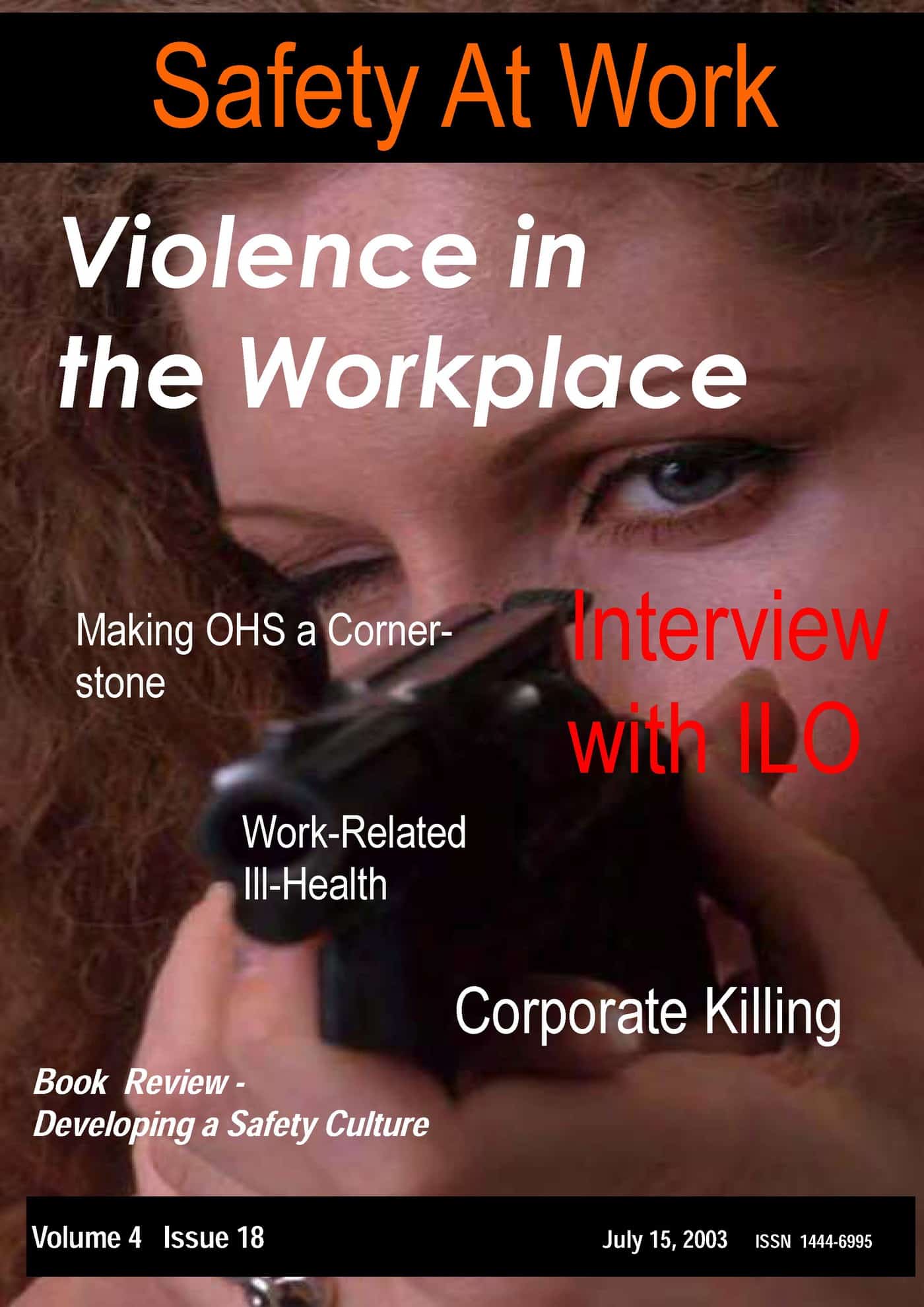The BBC’s radio program, Politics UK, for 18 June 2010 includes an uncredited discussion on the OHS review announced by Prime Minister Cameron recently. The discussion occurs at the 20 minute mark of the podcast which is available to download for a short time.
Much of the content seems to reflect the thoughts and comments of The Telegraph article by Philip Johnston but at least the BBC reporter acknowledges that the issue is not really health and safety but the “fear of litigation”.
There is an interesting reference to the “goldplating” of European Union directions and the issue of food safety and cheese is mentioned. The impression given is that the more significant and, perhaps, the more difficult challenge for Lord Young is not OHS but the “compensation culture”. If this is the case, OHS may come off the worse of the two as it may be given a secondary priority.



